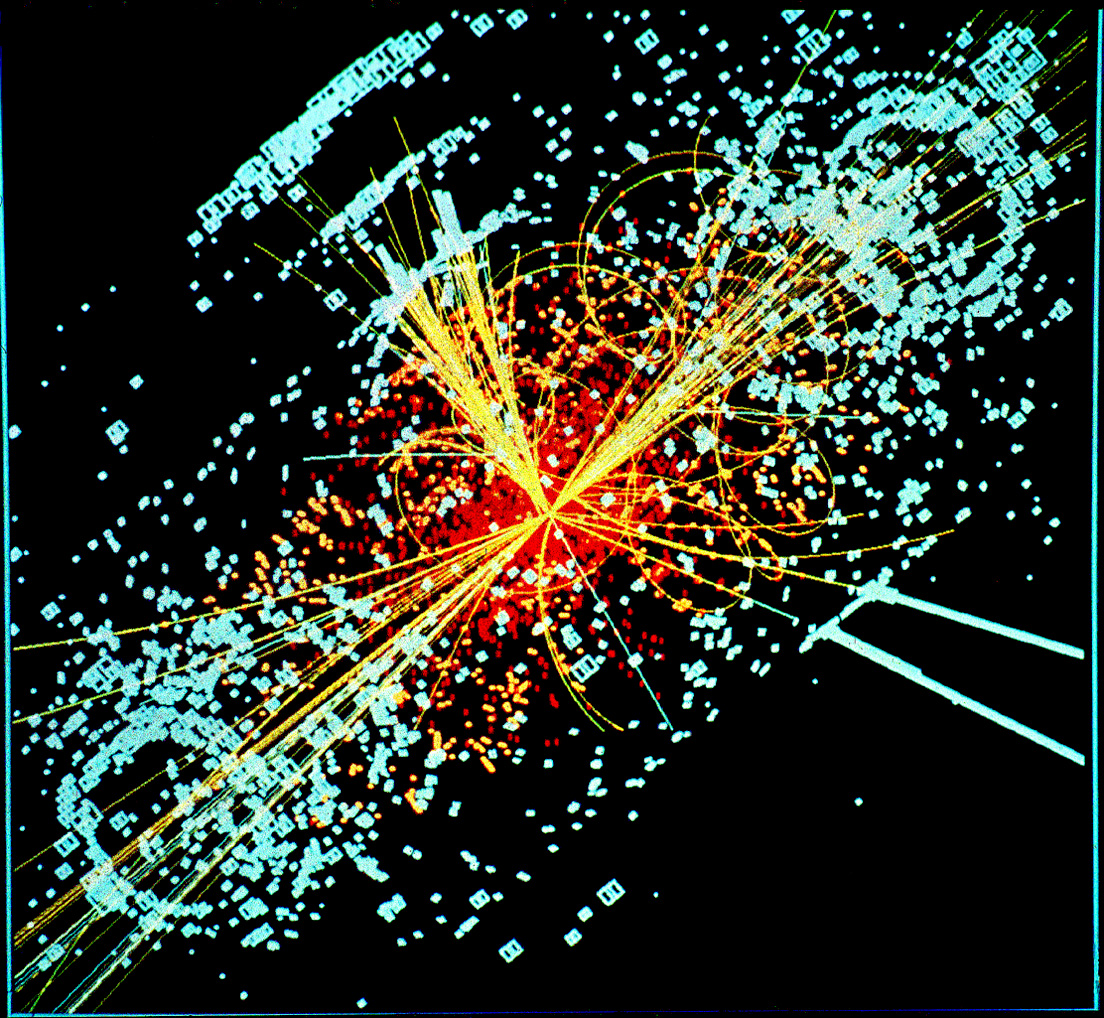Astronomy 101
- Introduction to Astronomy
- The Solar System
- Stars and Galaxies
- The Milky Way and Other Galaxies
- Telescopes and Observatories
- The Sun and the Moon
- The Earth and the Sky
- Space Exploration
- Astrobiology
- Space-Time and Relativity
- Black Holes and Neutron Stars
Cosmology
Dark Matter and Dark Energy: The Invisible Universe

Mysterious non-luminous matter (and/or radiation) comprising most of the matter in our observable universe.
Introduction
In the vast expanse of the cosmos, there are many mysteries that continue to baffle scientists. Among these are two elusive entities: dark matter and dark energy. Despite their names, these are not forms of matter or energy as we traditionally understand them. Instead, they are terms used to describe unknown phenomena that have a profound effect on the universe.
Dark Matter
Dark matter is a hypothetical form of matter that is thought to account for approximately 85% of the matter in the universe. It does not emit, absorb, or reflect light, making it extremely difficult to detect. Its existence is inferred from its gravitational effects on visible matter, radiation, and the large-scale structure of the universe.
Evidence for Dark Matter
The evidence for dark matter comes from its gravitational influence on galaxies and galaxy clusters. For example, when astronomers measure the rotation of galaxies, they find that the stars at the edges of a galaxy are moving just as fast as those near the center. According to the laws of physics, these outer stars should be moving slower because they are further from the galaxy's center of mass. The fact that they're not suggests there's more mass in the galaxy than we can see - this unseen mass is what we call dark matter.
Theories about Dark Matter
There are many theories about what dark matter could be. Some scientists believe it could be made up of undiscovered subatomic particles, while others think it could be made up of primordial black holes. However, despite extensive searches, no direct evidence of dark matter particles has been found.
Dark Energy
Dark energy is an even more mysterious concept. It's a hypothetical form of energy that permeates all of space and is believed to be the reason behind the accelerating expansion of the universe.
Evidence for Dark Energy
The evidence for dark energy comes from observations of distant supernovae, which have shown that the universe is not just expanding, but that its expansion is accelerating. This was a surprising discovery, as scientists had expected that the expansion of the universe would be slowing down due to the gravitational attraction of all the matter in it.
Theories about Dark Energy
The nature of dark energy is one of the biggest mysteries in science today. Some theories suggest it's a property of space itself, represented by the cosmological constant in Einstein's field equations of general relativity. Other theories propose it's a new, dynamic field of energy that's causing the acceleration of the universe's expansion. Yet others suggest it's a sign that our understanding of gravity is incomplete.
Conclusion
Dark matter and dark energy are two of the most intriguing and challenging topics in modern cosmology. They make up the vast majority of the universe, yet we know very little about them. As technology advances and our understanding of the universe deepens, we may one day unlock the secrets of these invisible phenomena. Until then, they remain a fascinating area of study and speculation.